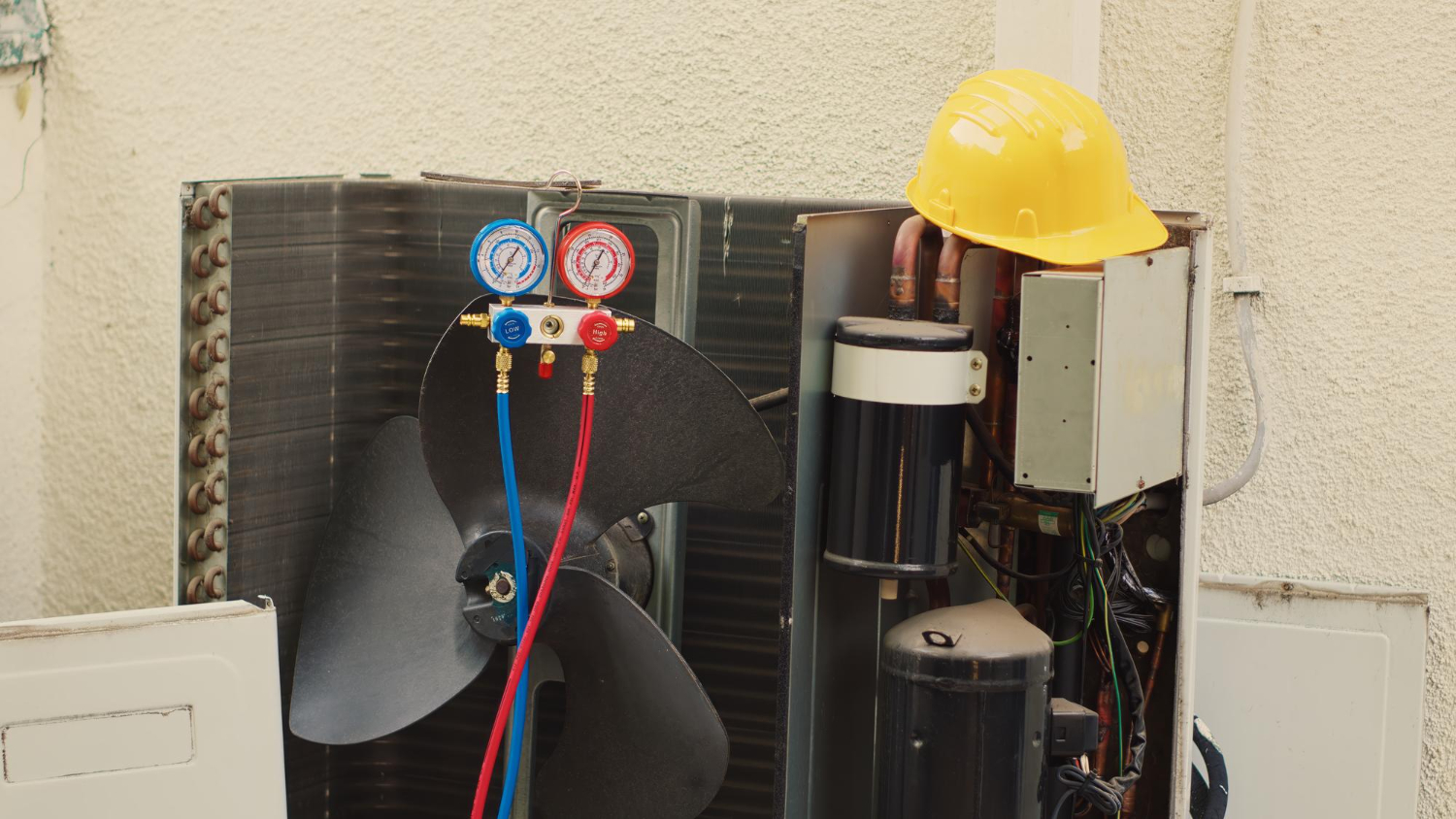The Environmental Impact of Modern Air Conditioning Technologies
As concerns over global warming and energy consumption intensify, the environmental impact of household and commercial appliances, including traditional air conditioning systems, has come under increased scrutiny. Traditional AC units, while effective at cooling, are known for their significant energy use and contribution to carbon emissions. These systems, especially older models, operate using refrigerants that can be harmful to the environment when released into the atmosphere.
Recognizing these challenges, the HVAC industry has been pivotal in driving innovations aimed at reducing the ecological footprint of cooling systems. Advancements in air conditioning technology now offer promising alternatives that prioritize energy efficiency and reduced environmental harm. As we delve deeper into the specifics of these technologies, it’s crucial for consumers and businesses alike to understand not only the underlying problems but also the solutions available. Our professionals are at the forefront of installing, maintaining, and advising on eco-friendly air conditioning systems, ensuring that our clients can achieve optimal cooling performance without compromising their commitment to environmental stewardship.
Overview of Environmental Challenges Posed by Traditional Air Conditioning Systems
Traditional air conditioning systems, while effective at cooling indoor environments, present several environmental challenges that are increasingly pertinent in today’s eco-conscious world. One major concern is the high energy consumption associated with older AC models. These systems tend to operate on less efficient, outdated technology, which not only drives up electricity usage but also contributes significantly to higher utility bills for consumers. Furthermore, many of these older units use refrigerants that are known for their potential to deplete the ozone layer and contribute to global warming.
Another critical environmental issue is the emission of greenhouse gases. Traditional systems can release a substantial amount of carbon dioxide and other harmful pollutants due to their heavy energy requirements. This aspect of air conditioning not only affects global climate patterns but also impacts local air quality, potentially leading to health problems among populations in densely populated or urban areas. Our commitment is to help our clients understand these impacts and provide alternatives that minimize their environmental footprint while maintaining indoor comfort.
Advancements in Eco-friendly Air Conditioning Technologies
In response to the environmental challenges posed by traditional air conditioning systems, significant advancements in eco-friendly technologies have been made in recent years. At our company, we focus on equipping our clients with the latest in air conditioning technology, which promises enhanced energy efficiency and reduced environmental impact. One such advancement is the development of systems that use inverter technology. Unlike conventional AC units that operate at full power, inverters can adjust their energy output based on the required cooling load, which substantially lowers energy consumption.
Another groundbreaking technology is the use of alternative refrigerants that have a lower global warming potential (GWP) than traditional options. These refrigerants contribute significantly less to the greenhouse effect, helping mitigate one of the major environmental concerns associated with air conditioning. Additionally, modern air conditioning units are being designed with better overall system efficiency and integration capabilities, allowing them to work seamlessly with smart home systems for improved energy management.
By integrating these advanced systems, we’re not only ensuring a comfortable indoor climate for our clients but also contributing to a more sustainable future. Our professionals are trained to assess your specific needs and recommend the most suitable eco-friendly air conditioning solutions that provide superior performance while keeping environmental impact to a minimum.
Impact of Energy Efficient AC Systems on Reducing Carbon Footprint
Energy-efficient air conditioning systems represent a significant advancement in reducing the environmental impact associated with traditional cooling systems. By utilizing advanced technology that consumes less energy, these systems not only lessen the strain on our electric grids but significantly cut down on the carbon emissions that contribute to global warming. At our company, we encourage the adoption of HVAC systems with high SEER (Seasonal Energy Efficiency Ratio) ratings. These systems are designed to provide maximum cooling output while using considerably less energy, ensuring that our clients enjoy lower utility bills and a reduced carbon footprint.
The transition to energy-efficient air conditioning systems is crucial in combating climate change. By choosing systems equipped with features like variable-speed compressors and environmentally friendly refrigerants, businesses and homeowners can make a direct positive impact on the environment. Our technicians are skilled in assessing the specific needs of each site and recommending the best energy-efficient solutions to optimize performance and sustainability.
Best Practices for Consumers to Optimize AC Usage for Environmental Sustainability
Optimizing air conditioning usage not only saves money but also enhances the sustainability of the environment. Here are some best practices we recommend to maximize the efficiency of your air conditioning system:
1. Regular Maintenance: Keep your air conditioning system in top condition with regular maintenance. This includes cleaning or replacing air filters, inspecting cooling coils, and checking refrigerant levels.
2. Smart Thermostat Use: Installing a smart thermostat can significantly reduce energy consumption. These devices allow for more precise control of your HVAC system, enabling you to adjust settings based on actual usage patterns and thereby reduce wastage.
3. Improving Insulation: Enhance the insulation in your building to keep cool air in and hot air out. This reduces the workload on your air conditioning system and lowers energy consumption.
4. Timely Upgrades: Replace older, inefficient air conditioning units with modern, energy-efficient models. Though this requires an upfront investment, the long-term savings and environmental benefits are substantial.
In adopting these practices, you not only contribute to the health of our planet but also enhance the efficiency and lifespan of your air conditioning system.
Conclusion
As we address the need for comfort and climate control in homes and businesses, it’s imperative that we also consider the environmental impact of our choices. Energy-efficient HVAC systems and responsible usage practices are key to reducing our carbon footprint and promoting sustainability. Our commitment to providing state-of-the-art, environmentally friendly HVAC services in Creedmoor is unwavering. We are dedicated to helping our clients achieve optimal comfort while maintaining an eco-responsible stance.
If you’re ready to upgrade to a more efficient HVAC system or need advice on maintaining your current setup in an environmentally friendly manner, don’t hesitate to reach out to us at Temperature Control Services Inc. Let’s work together toward a cooler, greener future.





